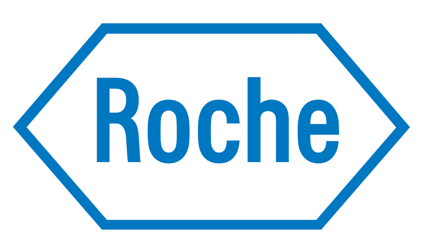
Roche Wins Patent Dispute in Indian Court Against Cipla
In an upset, an Indian court has sided with Swiss drugmaker Roche in a longstanding patent dispute with Indian powerhouse Cipla.
A two-judge panel for the Delhi High Court — roughly comparable to a U.S. federal district court — concluded that Cipla violated a patent on the lung cancer drug Tarceva (erlotinib) and ordered it to pay damages and Roche’s legal fees. The cost to Cipla will be determined at a later date, based in large measure on the profits made by violating the patent in producing its generic cancer drug Erlocip.
The decision flies in the face of multiple rulings dating back to 2008 in the long-running case, all of which Cipla had won.
The panel’s 106-page decision concluded that lower court rulings and a division assessment erred in supporting Cipla’s challenge to the patent over a perceived lack of innovation and questions as to whether patent protection extends to different molecular configurations of the same ingredients. The judges stated that Cipla’s arguments ignore “the fundamental truth about breakthrough inventions, which at the time they are invented may not be commercially the most viable for immediate marketing” but remain “useful … as without them there would be no stepping stone to achieve the next lot of improvements.”
Similarly, the panel noted that an Indian court’s rejection of another patent for Tarceva in 2002 that was closely related to the existing one does not automatically invalidate the other, stating that one thing patent law “certainly does not do is doubly penalize the innovator, which appears to be the argument advanced” by Cipla.
“If the argument is to be taken to its logical conclusion, it would mean that a rejection of a polymorphic version of Roche’s existing patented molecule” under patent law “would also result in effectively permitting all manufacturers of the said polymorph from being deemed non-infringers,” the judges wrote.
However, the judges refused to grant Roche a requested injunction to stop Cipla from marketing Erlocip, noting that the patent is set to expire in March 2016.
This is not the first time Cipla has been accused of violating a foreign drugmakers’ patents in India, with the company winning a patent challenge against Boehringer Ingelheim in March and then winding up on the wrong side of an injunction filed by Novartis back in January.
A Roche spokeswoman applauded the ruling, saying that “it is important that innovations are protected through patents for an agreed period of time.”
Representatives of Cipla did not respond to a request for comment.
Read the decision here: www.fdanews.com/11-30-15-India.pdf.
